In december last year The Verge posted an article wailing* about „Bring back personal blogging„. Moreover Monique Judge demands to take back control (tbc):
The biggest reason personal blogs need to make a comeback is a simple one: we should all be in control of our own platforms.
I’m the first when it comes to tbc* by running vital infrastructure all by yourself. I don’t trust the big companies to protect my data. Their business model is to take advantage of the knowledge gained out of it! So I don’t give away my data in the first place.
Make blogging great again?
At least she knows to be „nostalgic for the personal blogging days“. And as much as I appreciate the effort: I don’t think those days will come back. Social media platforms now work in a completely different manner. Considering the known systems for blogging, they all lack a lot of features a modern social media platform provides.
platform
First of all a blog is not a platform in that meaning: It is your personal space where you are the landlord. Everything – every feature – you need has to be build in by yourself. If you are lucky, there already is a plugin; Otherwise you have to write it – as long as you don’t lack the abilities. Thats a pro and con at the same time.
What’s written on your blog depends on you, no one is to interfere. Even who is allowed to comment on your blog is decided on your own. If you don’t like someone, you can kick him/her out. But a platform to hoard people – like facebook, twitter or insta – blogs are not.
media
The way a posting is done on any social media platform has changed a lot. For example Twitter: They started being a micro-blogging service and just gave you 140 chars to express yourself, images and videos counted for 24 chars. In 2010 they deployed an app for mobile devices so everyone everywhere could tweet. And if you look at what gets posted, you find a lot of images and videos with short comments. That’s what instagram took on and made it the standard way of posting. It is all about photos, showing something and comment – but not writing! Consider their stories: video shorts. They are not even made to last and get deleted just after 24h (as long as you do not ‚highlight‘ them in your user account). A daily fire and forget.
Essentially, there is no one posting longsome articles anymore. The platforms do not allow it and thats for a good reason: Entertainment – which such a social media platform wants to be – is the way to keep people there and lull them into consuming even more. Which leads to the whole idea of monetisation and selling your reputation to companies – but thats another story.
social
That is the most significant thing about blogs: They are not social. Sure, blogging kickstarted the web 2.0 and brought that internet thingy to the masses. A lot of blogs were well linked and a kind of community came alive: One blogger read and cited the other, but all you can trigger that way is a „pingback“ – which is just an automated comment on the cited blog with a link to your blog post. And there is the group of spectators that, in the best case, comments on all those blogs. Not very convenient, as you have to have accounts everywhere. To develop a vital evergrowing discourse blogging software lacks a well-arranged view of that: Showing a thread of the whole affair or something like that.
In contrast modern social media is all about showing off or discourse (be it nice or rude). It is so simple to interact, reply or repost. Even to follow a movement is done by using a simple character in front of a keyword: #. A few taps on your phone and you are in.
So all three terms of social media platform are missed by far, plus one more:
+ monetarisation
I know there are blogs out there that get sponsoring, which is nice. Most of them are authors writing books and items for magazines. Today even those have accounts on the popular social media platforms – and not by accident: they need the reach. Also it has gotten hard to find such sponsoring just for a blog, ‚cause it is laborious for companies to make a deal with a single blogger. Besides checking the reach of a single website is not easy, a whole industry is build on that. How much easier is it to use the tools the social media platform provides? So it is no surprise that the whole bunch of ‚influencers‘ went, where the easy money awaits – and who would blame them?
So?
Right you are, and I tell you what I think about it: Social media has come a long way and the efforts lately made to tbc*(take back control) – think: personal clouds, matrix, mastodon and so on – won’t change the way people share their lifes online right now: Not much text, lots of photos and video content, ‚cause today its so easy to consume and so easy to create – literally out of your pocket!
Blogging is not dead, but has lost its importance. Is that bad? I’m not sure, writing is not for everyone, never has been. Entertainment for the most of people surfing the web* is not reading. To generate reach there’s better ways than blogs today.
I can see a small chance to make blogs a bit more attractive again: They need to become more social. It is essential to become interconnected much simpler – as for bloggers and spectators equally. Something that provides a timeline-like dashboard for your blog that shows other blogs content and provides a mechanism to react on that. And that reaction needs to be clearly visible on the other site. Only when displaying a follow-up of reaction articles and comments on all participants sites a discourse is created.
tbc
One last thought on tbc*: Right now a large part of latest societies history is closely intertwined with social media, because „you saw it there first!“. Elon Musks efforts on/with twitter showed how brittle this web is, and it may be gone in a second just only because of the narcissism of one individual. That is a sad thing. But hosting everything by youself, tending to all the little servers and services, takes a considerable amount of your time – ask my wife… Not to mention the responsibility to preserve your part of the web. What is more: if you host other peoples stuff! So tbc* comes at the cost of losing small parts of internet history all the time.
(swg)
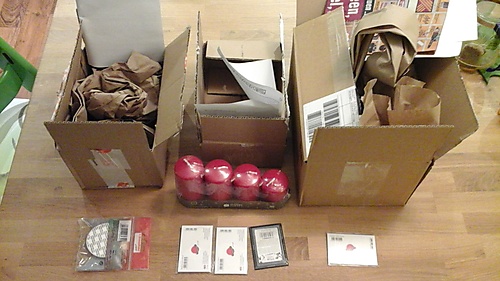
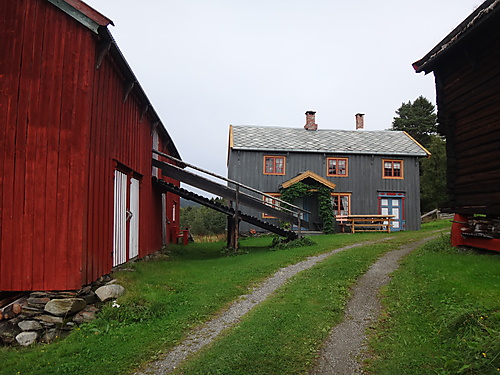
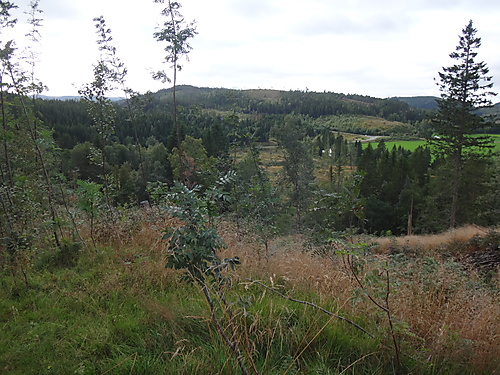

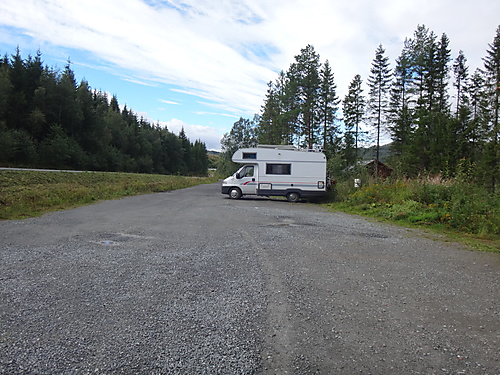
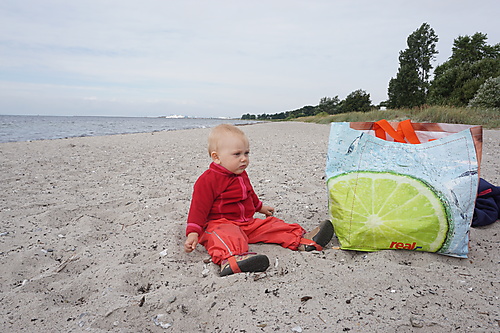

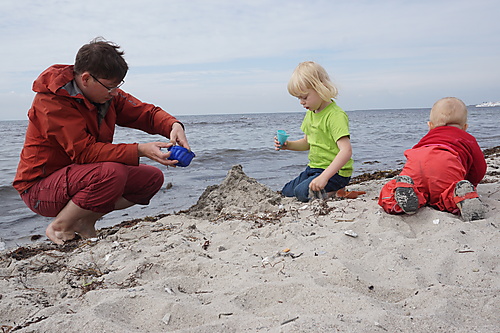
 Guck an!
Guck an!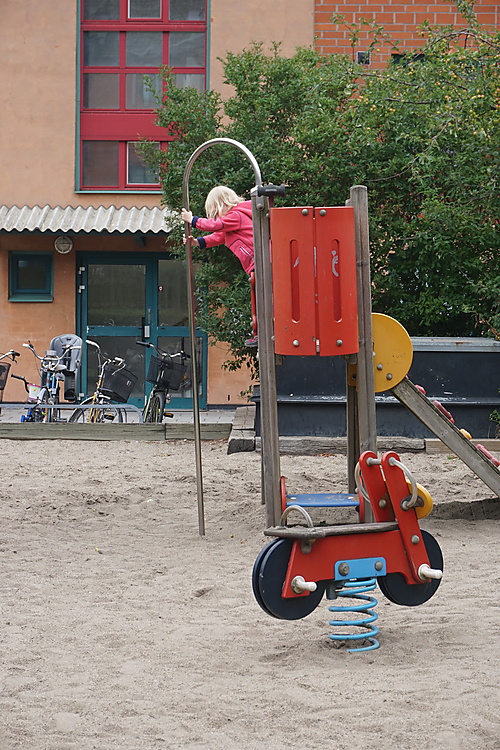
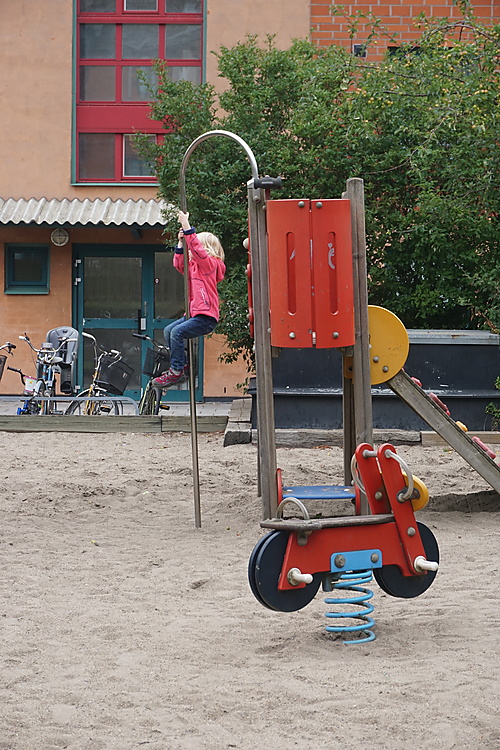
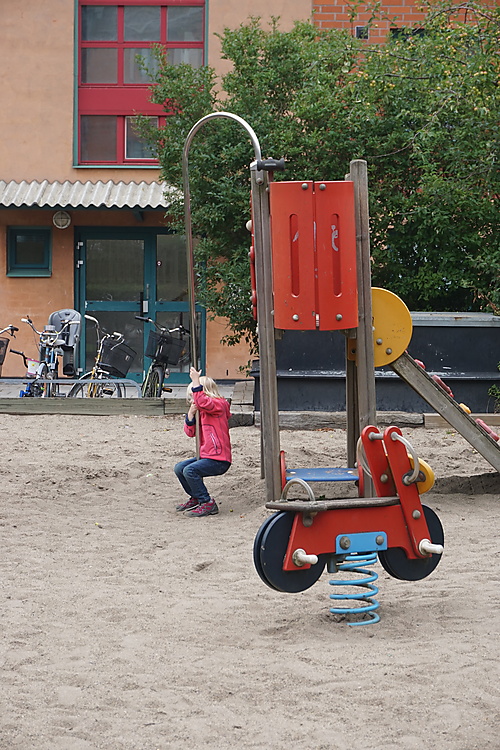 Alina kriegt ein Eis, dann geht es zurück zum Bus – nicht ohne einen Umweg für einen Geocache. Dabei findet man auch in Trelleborg alte Gebäude (St. Nicolai)
Alina kriegt ein Eis, dann geht es zurück zum Bus – nicht ohne einen Umweg für einen Geocache. Dabei findet man auch in Trelleborg alte Gebäude (St. Nicolai)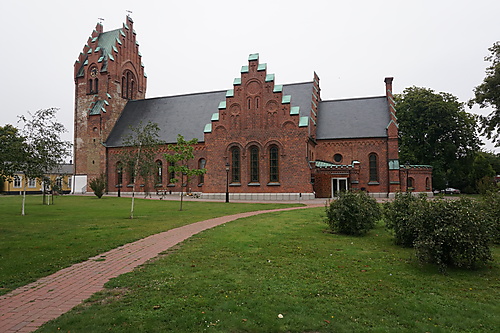
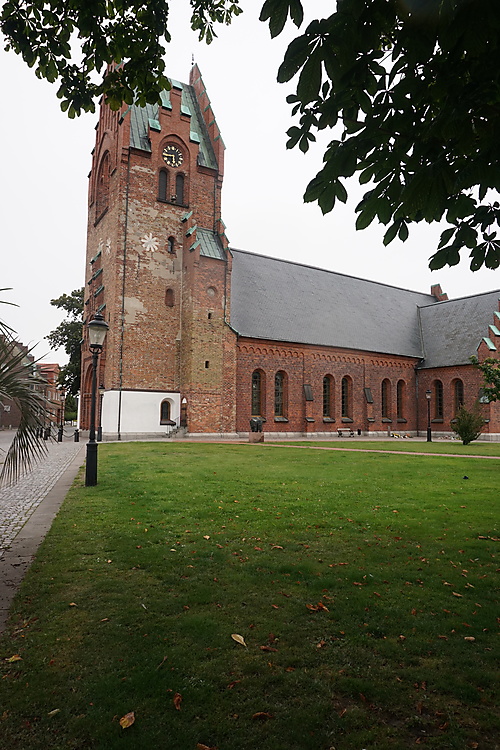
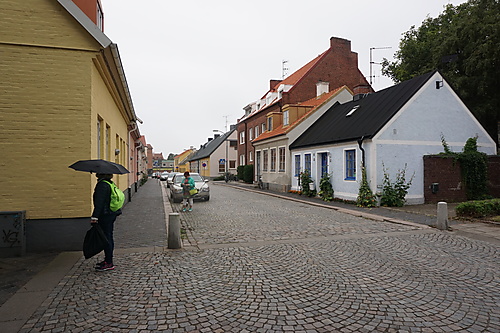
 Eine Sache muss ich bald noch klären: Wo krieg ich eine schwedische Gasflasche her? Die grüne Eigentumsflasche soll eigentlich Reserve sein.
Eine Sache muss ich bald noch klären: Wo krieg ich eine schwedische Gasflasche her? Die grüne Eigentumsflasche soll eigentlich Reserve sein.